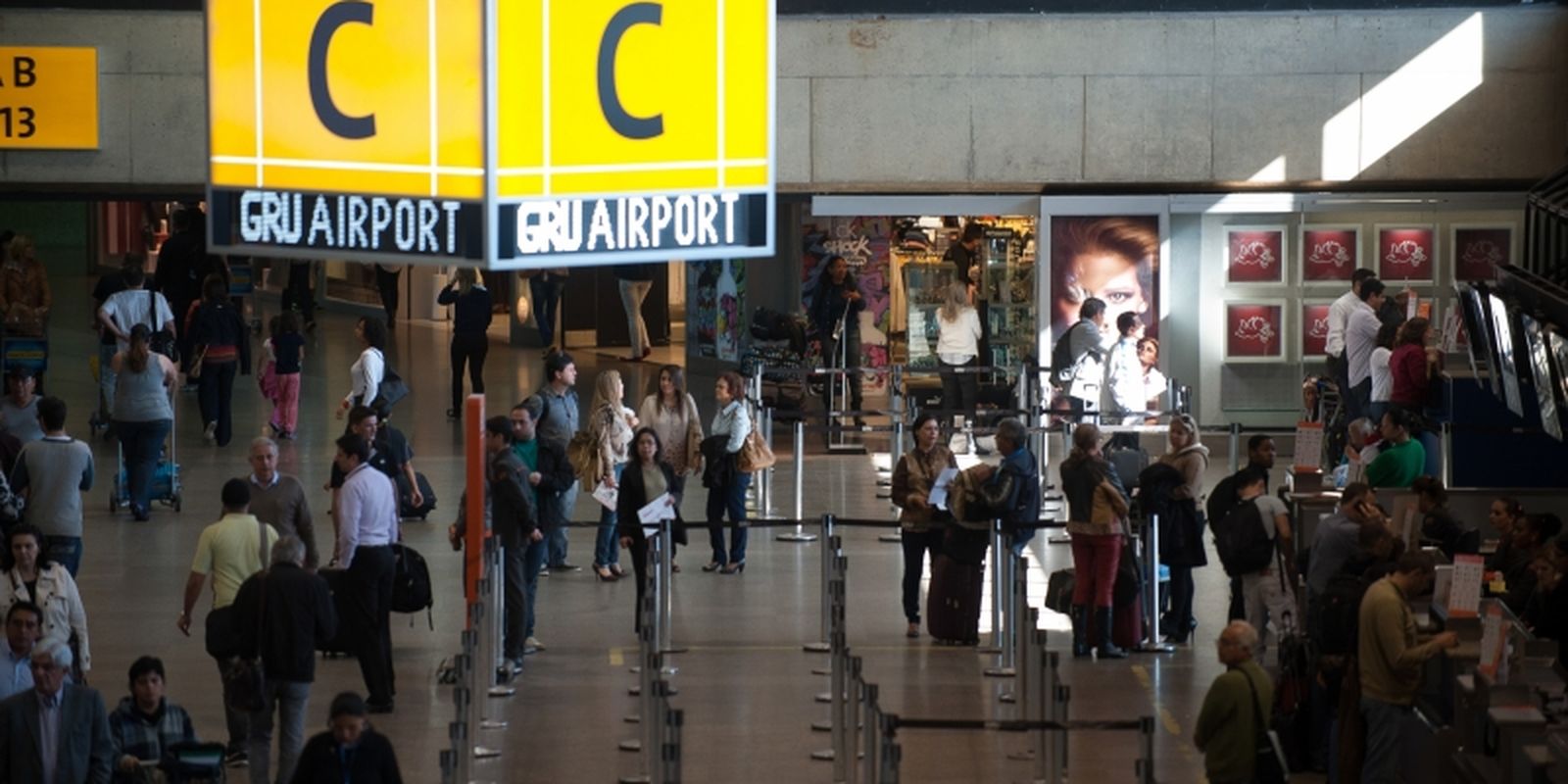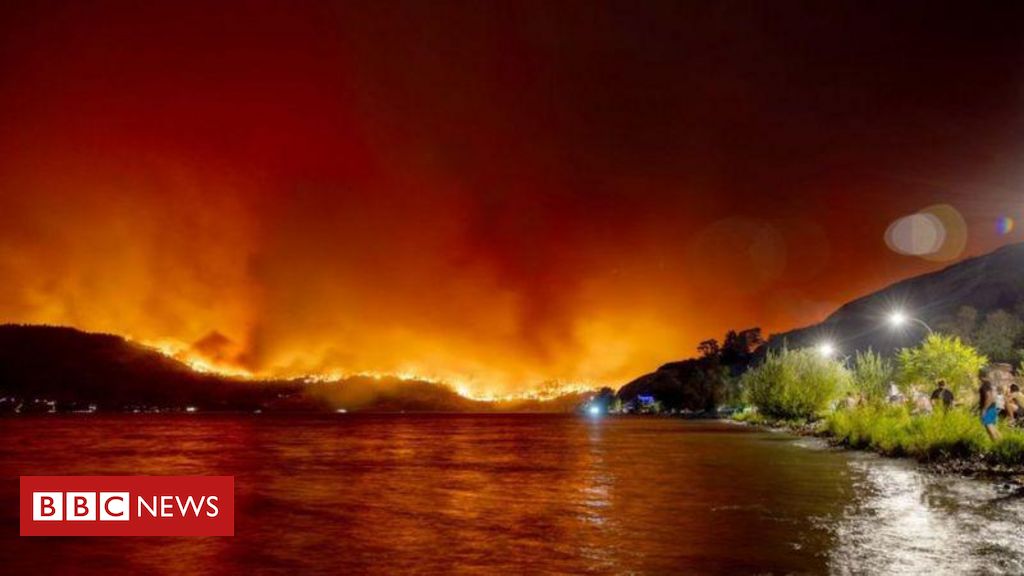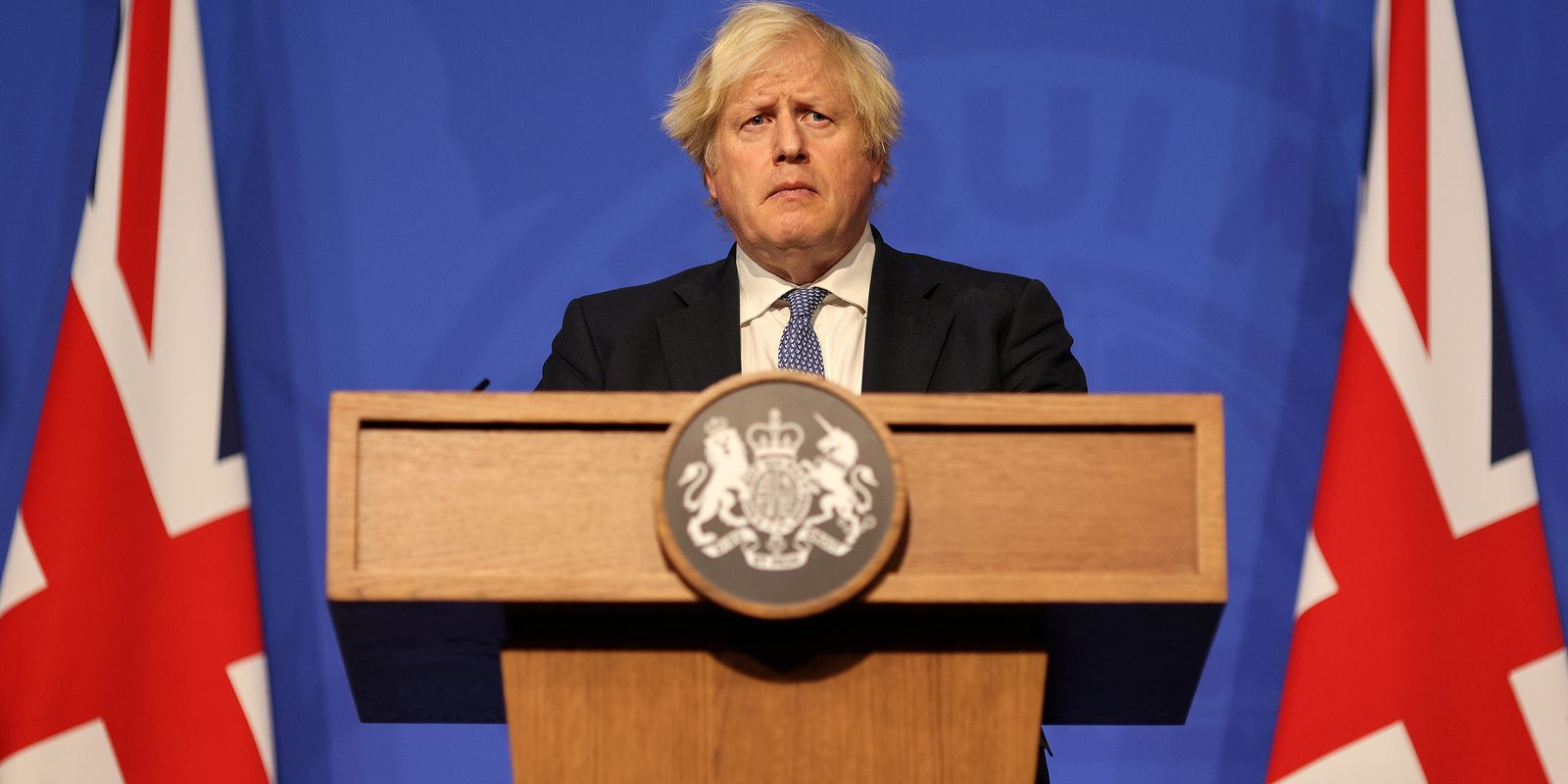The energy crisis triggered by the Russian invasion of Ukraine and the resulting spiral of retaliation between Moscow and the West, as well as the drought that punishes Europe, has reached a new chapter: Germany, Europe’s main industrial power, dependent on Russian gas, will be able to reverse the policy of shutting down nuclear energy, while its chancellor again criticized the Putin regime for not respecting the agreement on gas supplies. The French neighbour, despite maintaining – and strengthening – nuclear policy could face gas cuts during the winter, the government has warned.

“Freelance communicator. Hardcore web practitioner. Entrepreneur. Total student. Beer ninja.”







